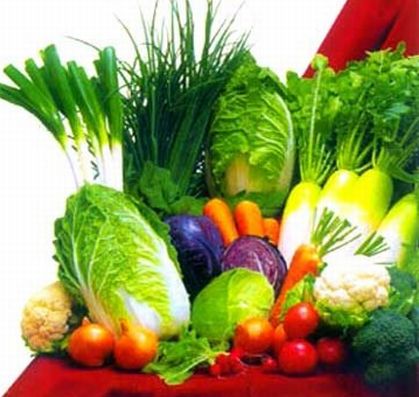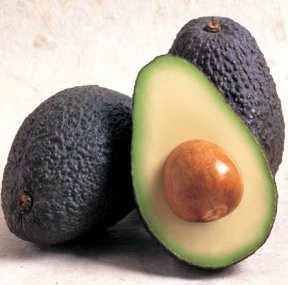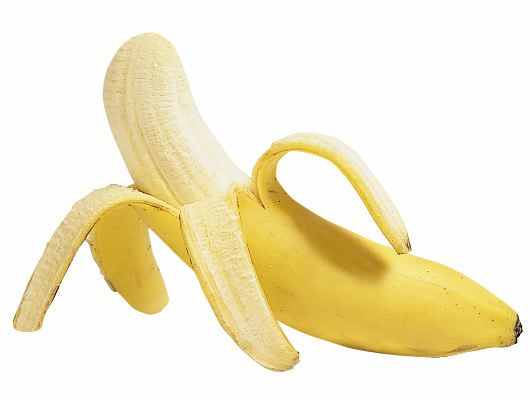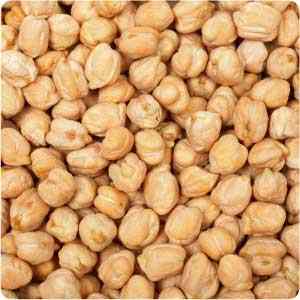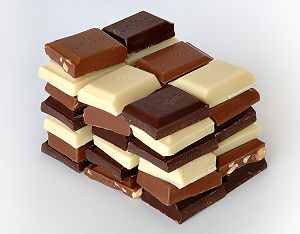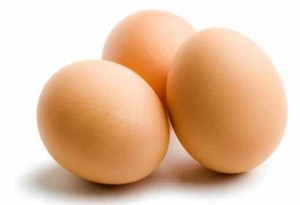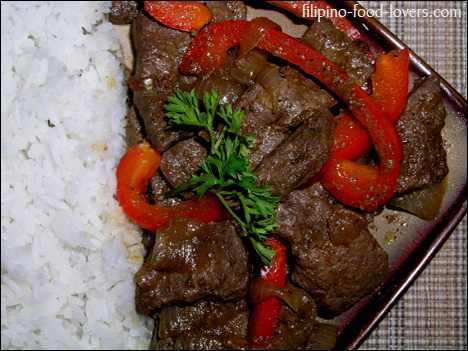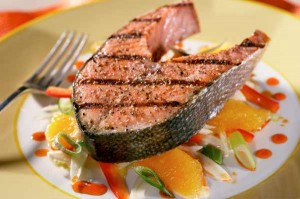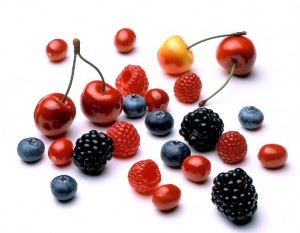10 foods that give you brain power
Leafy vegetables
All leafy vegetables (particularly green vegies) share a richness in Vitamin B9 (or folates), which is known to play an active role in the development of a foetus’ nervous tissue and also in the renewal of blood cells. One of the signs of Vitamin B9 deficiency is reduced awareness and memory deterioration. This phenomenon, observed in people of advanced age with folate deficiency, can probably be explained by the fact that Vitamin B9 is needed for the maintenance of dendrites (arborisation of neurons, where B9 levels are high).
Avocado
The avocado is exceptionally rich in Vitamin E. This vitamin constitutes one of the most powerful antioxidants and protects the fatty tissues of the brain from ageing. If you don’t like avocado, consider oleaginous fruit instead (nuts, particularly hazelnuts etc.).
Bananas
Rich in magnesium, which is essential in the transmission of nervous impulses, bananas are equally a source of Vitamin B6 (just one banana holds practically a quarter of the recommended daily amount). These two molecules seem to create the right state of mind for prudent, calm and measured behaviour. If you don’t like bananas, consider prunes or dried fruit instead.
Chickpeas
Chickpeas along with many other lentils are a good source of low GI carbohydrates that are slowly metabolised to glucose. As the brain is said to be glucose-dependent, it uses only glucose to function. It consumes more than 5g an hour, but doesn’t know how to store it. It therefore has to be regularly supplied through your diet via the circulatory system. It has long been proven that the most difficult task s involving intellectual performance & the capacity to memorise depends on the level of glucose in the blood.
Chocolate
In Aztec times, cocoa was already considered a medicine. Later, Casanova, the legendary seducer of women, used chocolate as an aphrodisiac with the kind of effects we know well! Since then, the chemical analysis of cocoa paste has revealed many surprises; besides the important calorific benefits, the presence of molecules similar to caffeine (theobromine, theophylline) and amphetamines (phenylethylamine, tyramine) give chocolate its true power as a tonic and psycho-stimulant. At the same time, chocolate’s high magnesium content (330mg per 100g), and the molecules it contains which are similar to serotonin (the ‘relaxation’ hormone), account for its ‘anti-stress’ and anti-depressant effects.
Eggs
Eggs contain lecithin and phospholipids, integral to the construction of brain cell membrane. In terms of feeding intellect, their value lies mainly in the quality of their proteins. Long used as points of reference when analysing the quality of other dietary proteins by the UN Food and Agriculture Organisation (FOA), eggs are actually rich in amino acids, essential in the production of the principal neurotransmitters.
Liver
The brain accounts for around 20% of the body’s oxygen needs, and iron is needed to get oxygen to the brain by means of the blood’s haemoglobin. Liver is one of your diet’s assets guaranteed to contain this valuable metal. Equally, liver is one of the most important sources of Vitamin B. Since the mid 1980s, it has been shown that these vitamins, mainly B9, B12, B1 and B6, improve cognitive function and the results of intelligence tests.
Fish
More than 50% of brain mass is made up of lipids, and over 70% of these are fatty acids that belong to the well-known Omega 3 group. These fats are crucial to the production and maintenance of brain cells, preserving the fluidity of cell membrane.
Berries
All edible berries (blackcurrants, strawberries, raspberries, blueberries, blackberries etc.) are veritable mines of Vitamin C (blackcurrants have twice as much concentration in Vitamin C as kiwi fruit, and three times as much as oranges). They have antioxidant micronutrients that make up their colour (anthocyanes, polyphenols, flavonoids…)
Crustaceans (Oysters, Clams, Shrimp, etc)
Though rich in Vitamin B12 and in protein (notably lysine, a precursor to dopamine, a powerful neurotransmitter), it is mostly the oligo-elements in seafood and crustaceans (oysters, clams, shrimp etc.) that are good for brain function. Oligo-elements are crucial in order to fight and prevent stress and its inconveniences. Some of these can be described as ‘therapeutic weapons’ as they have a hand in fighting anxiety, mental fatigue and nervous disposition.
(Source: Editors note: Reprinted from Yahoo).
